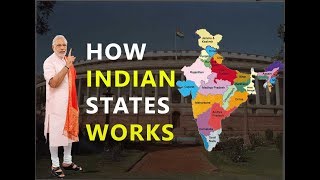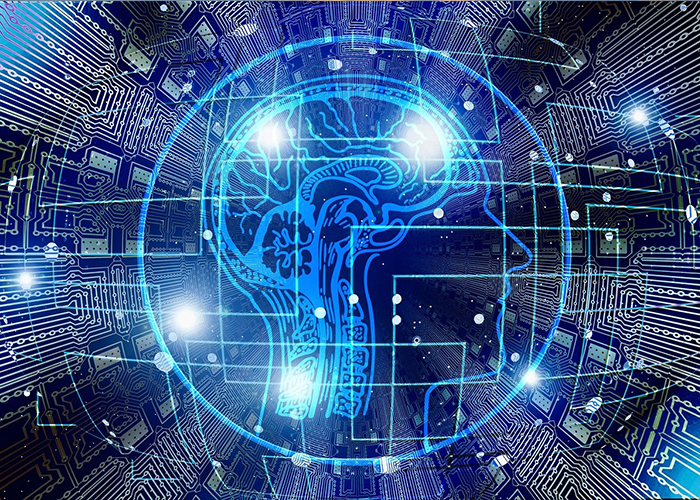Truth of Govt. Departments
Can the Indian Government Balance Economic Growth with Social Welfare?
The Indian government is facing a number of challenges.
- Challenges include poverty, inequality, corruption, and terrorism. The government is also facing the challenge of balancing economic growth with social welfare.
- The government needs to implement policies that are effective and sustainable. It also needs to work with the private sector and civil society to address these challenges.
Indian government,poverty,inequality,corruption
Can the Indian Government Balance Economic Growth with Social Welfare?
Challenges Facing the Indian Government
Overivew
The Indian government is facing a number of challenges. These challenges include poverty, inequality, corruption, and terrorism. The government is also facing the challenge of balancing economic growth with social welfare.
Poverty:
Poverty is a major challenge facing the Indian government. According to the World Bank, 22.5% of Indians lived below the national poverty line in 2019. This means that over 250 million Indians live on less than $1.90 per day.
Poverty has a number of negative consequences. It leads to malnutrition, illiteracy, and disease. It also makes it difficult for people to access essential services such as healthcare and education.
Inequality:
Inequality is another major challenge facing the Indian government. The richest 10% of Indians own more than 76% of the country's wealth. This means that a small number of people are very wealthy, while the vast majority of the population is struggling to make ends meet.
Inequality has a number of negative consequences. It leads to social unrest and political instability. It also makes it difficult to achieve economic growth and development.
Corruption:
Corruption is a widespread problem in India. It affects all levels of government and society. Corruption undermines public trust in the government and makes it difficult to deliver essential services to the people.
Corruption also leads to waste and inefficiency in the government. It also stifles economic growth and development.
Terrorism:
Terrorism is a major security challenge facing the Indian government. India has been affected by a number of terrorist attacks in recent years, including the 2008 Mumbai attacks and the 2019 Pulwama attack.
Terrorism has a number of negative consequences. It leads to loss of life and property. It also undermines economic development and tourism.
Balancing economic growth with social welfare:
The Indian government is facing the challenge of balancing economic growth with social welfare. The government wants to achieve economic growth in order to create jobs and improve the standard of living for its citizens. However, the government also wants to ensure that everyone benefits from economic growth, not just the wealthy.
The government has implemented a number of policies to try to balance economic growth with social welfare. These policies include subsidies on food and fuel, and the provision of free education and healthcare to the poor. However, more needs to be done to ensure that everyone benefits from economic growth.
Important Key points :
Poverty:
- The Indian government is facing the challenge of poverty.
- 22.5% of Indians lived below the national poverty line in 2019.
- Poverty has a number of negative consequences, such as malnutrition, illiteracy, and disease.
Inequality:
- The Indian government is facing the challenge of inequality.
- The richest 10% of Indians own more than 76% of the country's wealth.
- Inequality has a number of negative consequences, such as social unrest and political instability.
Corruption:
- The Indian government is facing the challenge of corruption.
- Corruption undermines public trust in the government and makes it difficult to deliver essential services to the people.
- Corruption also leads to waste and inefficiency in the government.
Terrorism:
- The Indian government is facing the challenge of terrorism.
- India has been affected by a number of terrorist attacks in recent years.
- Terrorism has a number of negative consequences, such as loss of life and property.
Balancing economic growth with social welfare:
- The Indian government is facing the challenge of balancing economic growth with social welfare.
- The government wants to achieve economic growth in order to create jobs and improve the standard of living for its citizens.
- However, the government also wants to ensure that everyone benefits from economic growth, not just the wealthy.
What the government is doing to address these challenges:
- The Indian government is implementing a number of policies to address these challenges.
- These policies include subsidies on food and fuel, and the provision of free education and healthcare to the poor.
What more needs to be done:
- The Indian government needs to implement policies that are effective and sustainable.
- It also needs to work with the private sector and civil society
End of Conclusion:
The Indian government is facing a number of challenges. These challenges include poverty, inequality, corruption, and terrorism. The government is also facing the challenge of balancing economic growth with social welfare.
The Indian government is making some progress in addressing these challenges. However, more needs to be done. The government needs to implement policies that are effective and sustainable. It also needs to work with the private sector and civil society to address these challenges.
Writer
Devraj Gorai


























